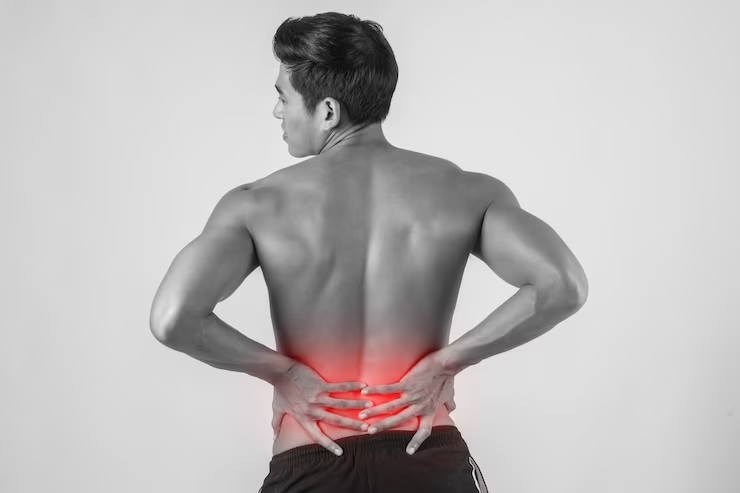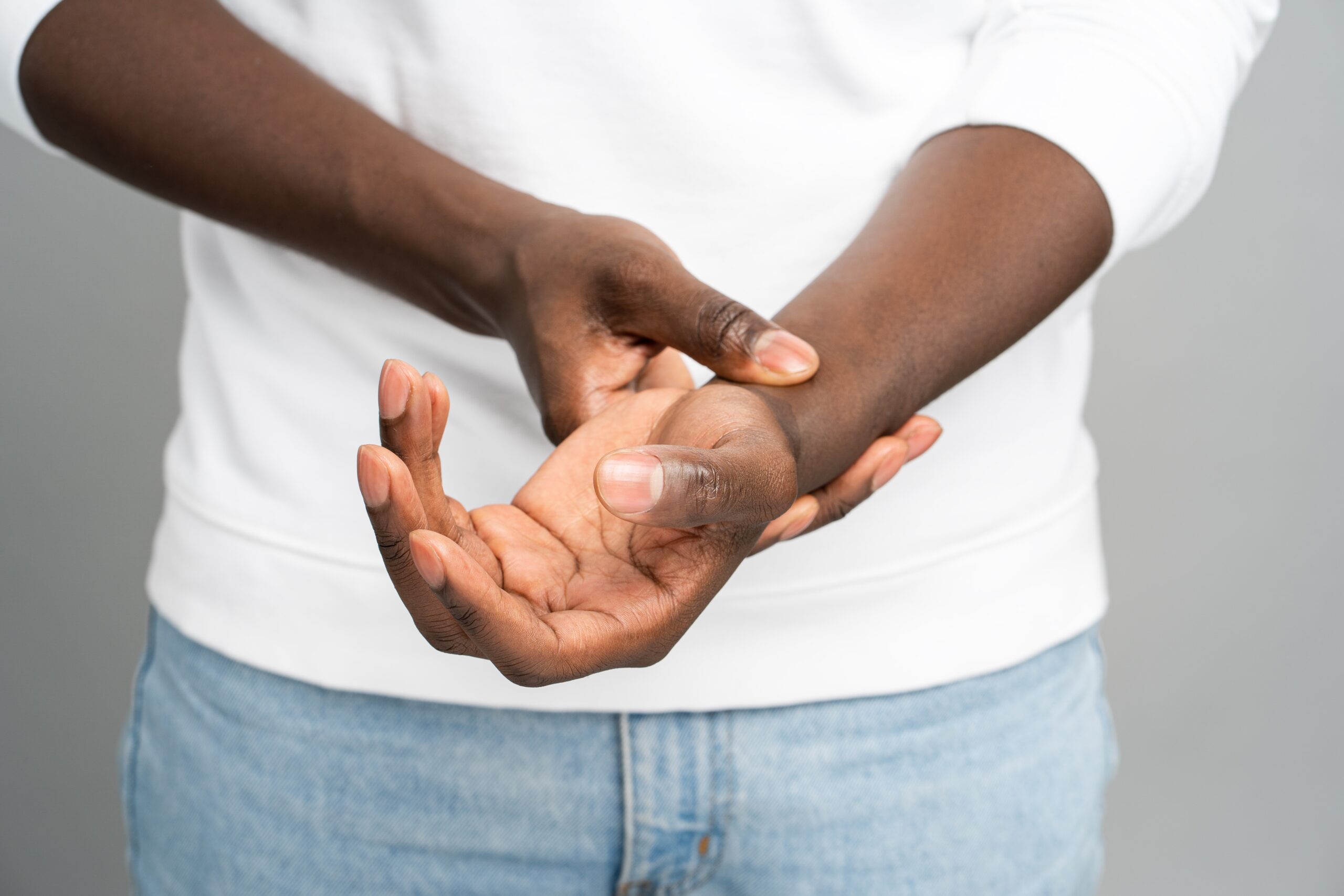How Physiotherapy Helps in Herniated Disc Recovery?

Herniated discs are common among adults over 30 years old. The discs lose their flexibility with time, resulting in a tear in the outer part and leakage of fluid through that tear. It can occur when you’ve been standing or sitting with a poor posture for long periods of time. You may experience herniated discs if you try to lift something heavy in a poor position, thereby straining the spine. No matter what the cause, the condition causes excruciating pain and hinders normal mobility. Physiotherapy is the most preferred choice of treatment in this case. So, let’s take a look at how physical therapy helps in herniated disc recovery.
How Physical Therapists Boost Herniated Disc Recovery?
Physiotherapists set specific goals for each session of your physical therapy treatment. For instance, they start with relieving the pressure on any nerves followed by teaching core stabilizing exercises and so on. They prepare the treatment plan after diagnosing the condition and assessing your symptoms.
Physiotherapy in the first 24-48 hours
The first two days after you have been diagnosed with a herniated disc can be very painful. So, the goal of physical therapy during that time is to reduce the pain by relieving pressure on the affected nerves.
The treatments that help herniated discs relax are:
- Hot and cold compression- The therapist may place ice packs on the affected region to reduce pain, inflammation and muscle spasms. Similarly, they may apply heat pads to circulate the flow of blood to this area.
- Deep tissue massage- The massage therapist uses a lot of pressure to work on deep muscle spasms and tension.
- Light aerobic exercises- The therapist may prescribe light exercises such as swimming or walking to reduce the pain. It also works wonders on mobility problems that occur due to herniated discs.
Physiotherapy for the rest of the treatment
Once the pain has subsided, the therapist proceeds to core stabilization and strengthening exercises. The following active exercises improve your posture, joint movement, strength, flexibility and core stability.
- Flexibility- Specific aerobic and strength exercises help restore your flexibility so you can move your body without any stiffness.
- Core stability- The therapist guides you through core stabilization exercises to provide the support your spine needs. These exercises strengthen your back and help it build endurance.
- Muscle strengthening– Muscle strengthening exercises build a great support system for your back, thereby preventing injuries in the future.
All in all, physiotherapy engages your entire body in the herniated disc recovery phase. It strengthens your spine, improves mobility and relieves pressure on nerves. You should consult with a physiotherapist as soon as you experience the symptoms of a herniated disc. It is possible to treat the condition without surgery unless it has become too severe.
What are the Symptoms of a Herniated Disc?
While pain may not always be the sign, here are some other symptoms of a herniated disc:
- A tingling sensation in the legs, arms, lower back or neck
- Increased pain while bending, sneezing or coughing
- Struggle to rotate the neck or back
- Difficulty in standing up straight, especially after sitting in the same position for long periods of time
- Numbness in the hands, arms, feet, shoulders or neck
- Difficulty in getting up from a chair
- Weakness in legs or arms
These are signs you need to visit a physiotherapy clinic and see if you have a herniated disc. The treatments begin right after the diagnosis and you will recover without surgery.
Blog Categories
- Acupuncture Treatment (10)
- Ankle Sprain (1)
- Arthritis Treatment (1)
- Back Pain (23)
- carpal tunnel (2)
- Chiropractic Care (39)
- Tennis Elbow (1)
- Chronic Pain (7)
- COVID-19 (1)
- Custom Orthotics (6)
- Dizziness (4)
- Exercises (13)
- Foot Orthotics (6)
- Hamstring Stretches (2)
- Info Articles (3)
- Kids Injury (1)
- Laser Therapy (4)
- Massage Therapy (21)
- Neck Pain (17)
- Orthopedic (1)
- Osteoarthritis (5)
- Osteopathy (3)
- Pain Management (21)
- Physiotherapy Benefits (44)
- Physiotherapy Clinic (6)
- Physiotherapy Exercises (12)
- Physiotherapy Tips (25)
- Physiotherapy Treatment (101)
- Rotator Cuff (2)
- Shin Splints (1)
- Shoulder (2)
- Spine (4)
- Sports Physiotherapy (2)
- Uncategorized (1)
- Vestibular Physiotherapy (2)
- Work From Home (2)


